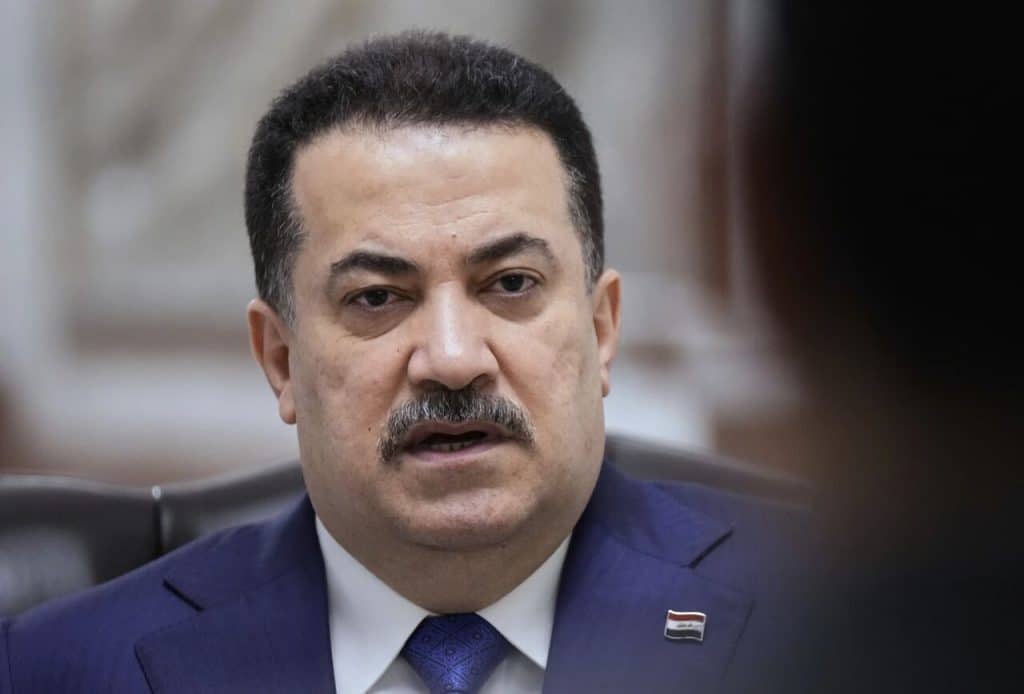Al-Sudani asserts that government formation is not solely determined by elections.
Referring to the country’s political mechanisms, Iraqi Prime Minister Muhammad Shia al-Sudani said that in none of the past parliamentary elections did the election results alone determine the formation of the government, and that political consultations played an important role in this process.
He considered the Reconstruction and Development Coalition (Imaar wa al-Tanmiyyah) to be part of the coordination framework of Iraqi Shiites and the largest parliamentary faction.
Al-Sudani emphasized that a second term as prime minister is not a personal goal for him but a responsibility to continue reforms, complete projects, and advance Iraq’s future vision.
He added that all political forces emphasize adhering to the constitutional timelines for forming a government and that the recent elections were also held with great calm and unity.
Defending the stability of the electoral law, he said, “We are against changing the law in every period, and the problem of wasting votes in implementing this law must be resolved.”
He further called for a thorough review of the election law in parliament to prevent wasted votes, stressing that there are no political problems between the Baghdad and Erbil governments and that the parties have taken important steps to resolve outstanding issues, including oil contracts, exports, and financial rights.
He considered the interests of the people of the Kurdistan Region of Iraq to be equal to those of all Iraqi citizens, adding that numerous common opportunities between Baghdad and Erbil will benefit everyone.
Referring to Iraq’s foreign policy, Al-Sudani said, “Iraq will not be a sphere of influence for any country, and at the same time, we will maintain our relations with different countries based on mutual respect. What is being said about foreign pressure is not true.”
The Iraqi Prime Minister also referred to the government’s economic programs, saying, “For the first time, fundamental financial reforms have been carried out in the country, and now an attractive environment for investment has been created, and more than 50 factories operating in Iraq are exporting their products.”
According to him, the reduction of the unemployment rate from 17 to 13 percent and the welcoming of 550,000 young people in relevant projects were among the government’s achievements.
Al-Sudani also announced the government’s plan to stop gas imports by 2028 and complete gas-burning projects.
Finally, he referred to his meetings with the leaders of the Kurdistan Region and said that in his meeting with Massoud Barzani, the head of the Democratic Party, and Nechirvan Barzani, the president of the Iraqi Kurdistan Region, the necessity of cooperation of all national forces to complete the political stages and maintain the stability and continuity of the democratic system was emphasized.

